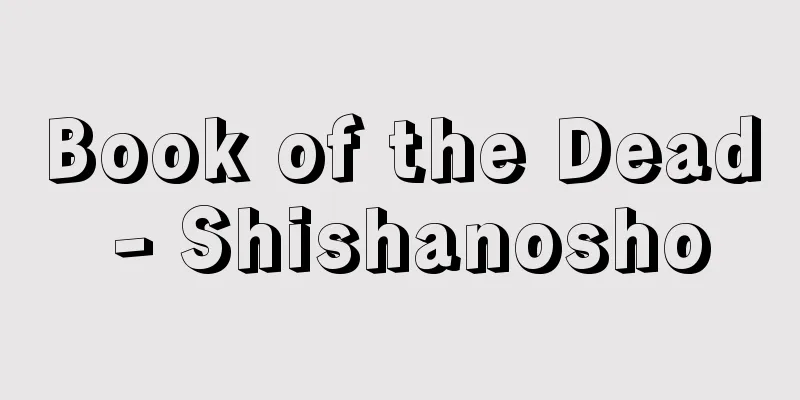Consumerism - Consumerism

|
Consumerism. Refers to the claims and movements that seek to strengthen the power of economically disadvantaged consumers and establish consumer sovereignty within the social economy. In Europe and the United States, the development of consumerism is usually divided into three periods. The first period was the embryonic period from the early 20th century to around 1930, when legislation was enacted to protect consumers from the infringement of their interests caused by rising prices and fraudulent products such as adulterated meat. The forerunners of consumer groups were established during this period. The second period was from the Great Depression of the 1930s to around 1960, when consumers themselves began to take proactive action, such as boycotts against high-pressure marketing such as forced sales, and the provision of information through product testing and consumer education, in other words, the development of the consumer movement. The third period was the establishment of consumer sovereignty from around 1960 onwards, when the ideological foundation was solidified by President Kennedy's assertion of four consumer rights, namely the right to be safe, the right to be informed, the right to free choice, and the right to have one's will heard, the legal foundation was established with the enactment of the Product Liability Act, and a wide range of movements took root, from the radical criticism of corporations by lawyer Nader and others to everyday educational activities.The main factor driving the development of consumerism was the lack of awareness of social responsibility on the part of corporations, but at the same time, structural tensions such as a relative lack of knowledge on the part of consumers about technological advances and social and political discontent have also been pointed out. [Mitsuo Morimoto] [Reference item] |Source: Shogakukan Encyclopedia Nipponica About Encyclopedia Nipponica Information | Legend |
|
消費者主義。経済的弱者である消費者の力を強め、社会経済のなかに消費者主権を確立しようとする主張および運動をいう。欧米の場合、コンシューマリズムの展開は、普通、3期に分けられる。第1期は、20世紀初頭から1930年ころまでの萌芽(ほうが)期であり、物価上昇や混ぜ物のある食肉など不正な商品による消費者の利益の侵害を、立法によって保護しようとした時期である。消費者団体の先駆的なものはこの時期に成立している。第2期は、30年代の大恐慌から60年ころまでであり、押し込み販売のような高圧的マーケティングに対する不買運動、商品テストによる情報の提供や消費者教育など、消費者自身による積極的行動の開始、すなわち消費者運動consumer movementの展開の時期である。第3期は、60年ころ以降の消費者主権の確立期であり、ケネディ大統領による消費者の四つの権利、すなわち安全である権利、知らされる権利、自由選択の権利、意思が反映される権利の主張によって思想的基盤が固められ、PL法(製造物責任法)の制定のような法的基盤が整備され、ネーダー弁護士らの急進的企業批判から、じみな啓蒙(けいもう)活動まで幅広い運動が定着していく時期である。コンシューマリズムの展開を促す要因は、基本的には企業側の社会的責任に対する自覚が欠けていることにあるが、一方、技術進歩に対する消費者側の相対的な知識の欠如や、社会的・政治的不満のような構造的緊張要因の指摘もみられる。 [森本三男] [参照項目] |出典 小学館 日本大百科全書(ニッポニカ)日本大百科全書(ニッポニカ)について 情報 | 凡例 |
Recommend
Jābir bin Hayyān
Arab alchemist from around 721 to around 815. His ...
Amrita
A full-length novel by Banana Yoshimoto. The story...
Brilliance
...Each of these is a property of color used to e...
Bacchus
…He was the god of fertility and wine, and his wo...
Ford, EB (English spelling) FordEB
…In the UK, many entomologists had already notice...
Household god - Ie no Kami
A god believed to protect a family. The main ones...
Amphidromous migration
... The movement of fish between the sea and fres...
Kinri goryo (forbidden treasure)
In the early Edo period, Tokugawa Ieyasu reorganiz...
Doria, A. (English spelling) DoriaA
…In the 16th century, Genoa became embroiled in a...
IBA (Bauxite)
... This kind of resource nationalism (a movement...
Mid-Indian Ridge
A ridge that runs in an inverted Y shape through t...
Efros - Anatoliy Vasil'evich Efros
1925‐87 A leading director in the Soviet Union. Af...
American black poplar - American black poplar
...As a result, many countries suffered from exce...
Nuclear medicine
A medical field that uses unsealed radioisotopes o...
Pyramid - Pyramid
If there is a polygon P on a plane α and a point ...









